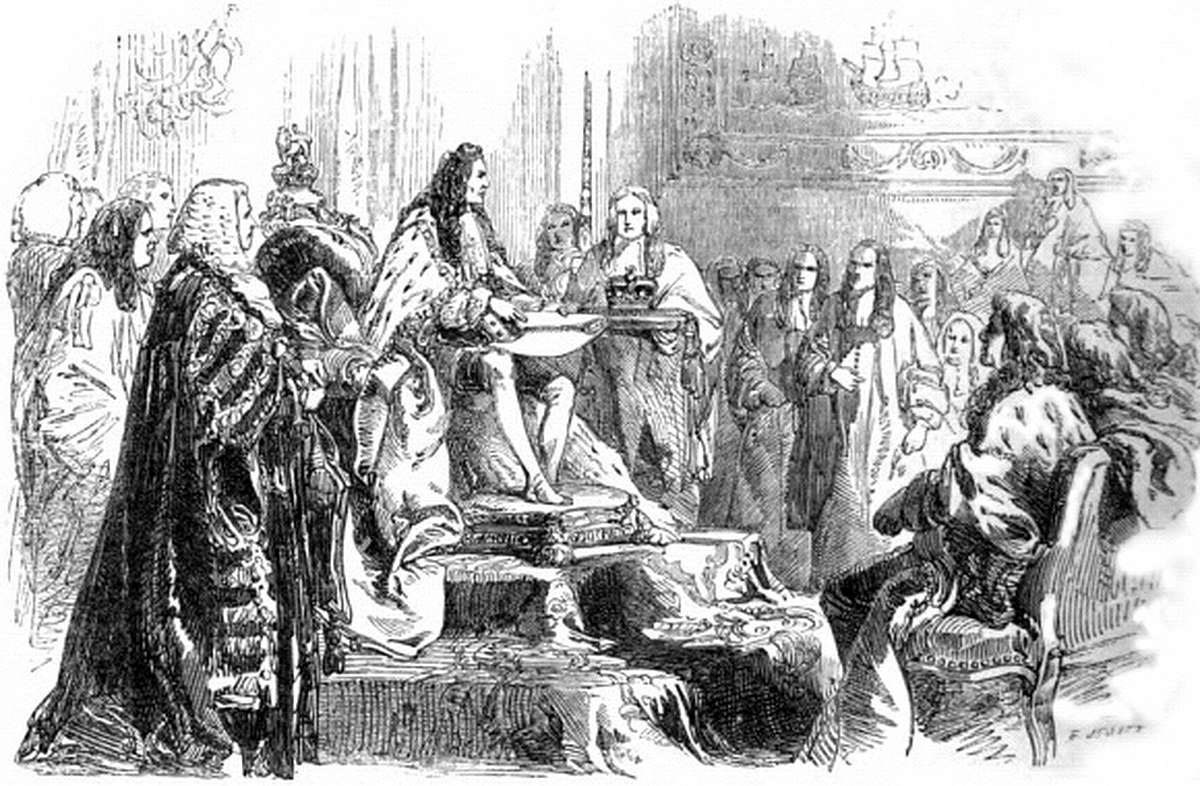
Toleration Act 1688
New England, USAThe Toleration Act 1688 (1 Will & Mary c 18), also referred to as the Act of Toleration, was an Act of the Parliament of England. Passed in the aftermath of the Glorious Revolution, it received royal assent on 24 May 1689.
The Act allowed for freedom of worship to nonconformists who had pledged to the oaths of Allegiance and Supremacy and rejected transubstantiation, i.e., to Protestants who dissented from the Church of England such as Baptists, Congregationalists or English Presbyterians, but not to Roman Catholics. Nonconformists were allowed their own places of worship and their own schoolteachers, so long as they accepted certain oaths of allegiance.
The terms of the Act of Toleration within the English colonies in America were applied either by charter or by acts by the royal governors. The ideas of toleration as advocated by Locke (which excluded Roman Catholics) became accepted through most of the colonies, even in the Congregational strongholds within New England which had previously punished or excluded dissenters. The colonies of Pennsylvania, Rhode Island, Delaware, and New Jersey went further than the Act of Toleration by outlawing the establishment of any church and allowing a greater religious diversity. Within the colonies Roman Catholics were allowed to practise their religion freely only in Pennsylvania and Maryland.
